Serbian political parties "hornet's nest of corruption"
Political parties in Serbia are "privileged participants in corruption - a hornet's nest of corruption turning over millions of euros".
Tuesday, 12.02.2013.
12:51

BELGRADE Political parties in Serbia are "privileged participants in corruption - a hornet's nest of corruption turning over millions of euros". This grim picture was painted by Transparency Serbia President Vladimir Goati, who on Tuesday spoke for B92. Serbian political parties "hornet's nest of corruption" According to Goati, the organization in 2005 appraised that political parties - which he described as "the most powerful organizations" - are also a key factor within which political corruption takes place. "Corruption is taking place inside the Bermuda Triangle made up of parties, public or state-run companies, and places where budget money is spent in public procurement," he added. Until 2000, the financing of the country's parties went through "completely illegal channels", Goati explained, and added that a new law to regulate this area is now in effect, but that he was "not under the impression that it was being implemented": "We investigated in July and ascertained that parties spent more than they had and more than they received. I explained this as alchemy, that they were creating something out of nothing. I had no better explanation for it." Goati noted that the State Audit Institution and the Anti-Corruption Agency should be tackling this type of corruption. He also expressed his belief that the current campaign against organized crime championed by First Deputy PM Aleksandar Vucic was "serious, not about petty goals" - and that this could prove to be "grounds for optimism". However, Goati also warned that Vucic was not facing an easy task, "because you never know which party you will run into, when you will run into a coalition partner, or someone close from your own party". Nevertheless, he commended Vucic for "handling himself better than expected". The Transparency Serbia chief also believes that there is reason for early parliamentary elections to be held: "Any of these things could serve as a reason for elections, especially since the key party of the coalition (SNS) enjoys far better rating now than it did when the government was formed. They could have a chance to win a more secure majority." Asked how institutions can gain credibility, Goati said that this required durability and popularity. "In Europe, political parties are regarded as unpopular institutions, but people realize they are necessary. Each party's leadership faces the question of how it could gain credibility, and the question that determines the fate of elections they are taking part in is, to stick to their promises, that those promises fulfil present and future interests, values, goals of the population and the social groups that vote for them," he said, and added: "The parties cannot flip-flop. When it comes to that, Serbia's parties are no different that those in central and eastern Europe. They are very prepared to change their opinions, promises, often under pressure, because we are semi-autonomous countries - there are international centers of power that place conditions before us regarding our membership in some organizations, or whether a loan will be approved. These are the leaderships of semi-autonomous countries." Vladimir Goati (Beta, file) B92
Serbian political parties "hornet's nest of corruption"
According to Goati, the organization in 2005 appraised that political parties - which he described as "the most powerful organizations" - are also a key factor within which political corruption takes place."Corruption is taking place inside the Bermuda Triangle made up of parties, public or state-run companies, and places where budget money is spent in public procurement," he added.
Until 2000, the financing of the country's parties went through "completely illegal channels", Goati explained, and added that a new law to regulate this area is now in effect, but that he was "not under the impression that it was being implemented":
"We investigated in July and ascertained that parties spent more than they had and more than they received. I explained this as alchemy, that they were creating something out of nothing. I had no better explanation for it."
Goati noted that the State Audit Institution and the Anti-Corruption Agency should be tackling this type of corruption.
He also expressed his belief that the current campaign against organized crime championed by First Deputy PM Aleksandar Vučić was "serious, not about petty goals" - and that this could prove to be "grounds for optimism".
However, Goati also warned that Vučić was not facing an easy task, "because you never know which party you will run into, when you will run into a coalition partner, or someone close from your own party". Nevertheless, he commended Vučić for "handling himself better than expected".
The Transparency Serbia chief also believes that there is reason for early parliamentary elections to be held:
"Any of these things could serve as a reason for elections, especially since the key party of the coalition (SNS) enjoys far better rating now than it did when the government was formed. They could have a chance to win a more secure majority."
Asked how institutions can gain credibility, Goati said that this required durability and popularity.
"In Europe, political parties are regarded as unpopular institutions, but people realize they are necessary. Each party's leadership faces the question of how it could gain credibility, and the question that determines the fate of elections they are taking part in is, to stick to their promises, that those promises fulfil present and future interests, values, goals of the population and the social groups that vote for them," he said, and added:
"The parties cannot flip-flop. When it comes to that, Serbia's parties are no different that those in central and eastern Europe. They are very prepared to change their opinions, promises, often under pressure, because we are semi-autonomous countries - there are international centers of power that place conditions before us regarding our membership in some organizations, or whether a loan will be approved. These are the leaderships of semi-autonomous countries."












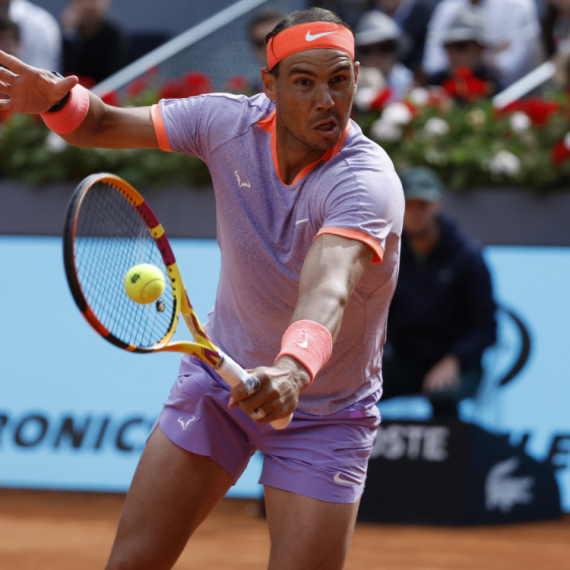

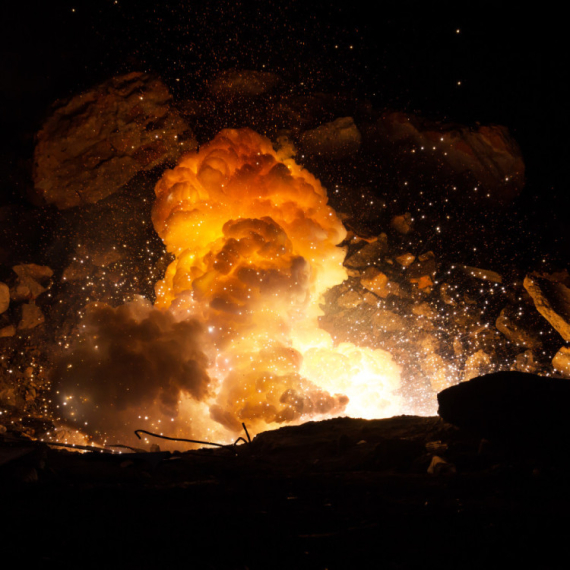
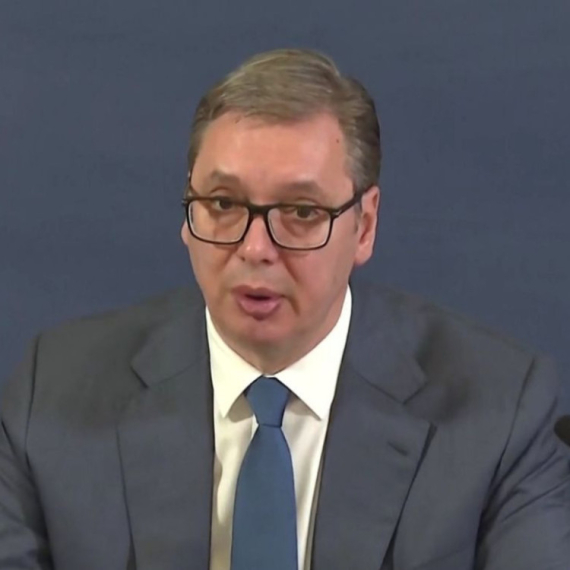
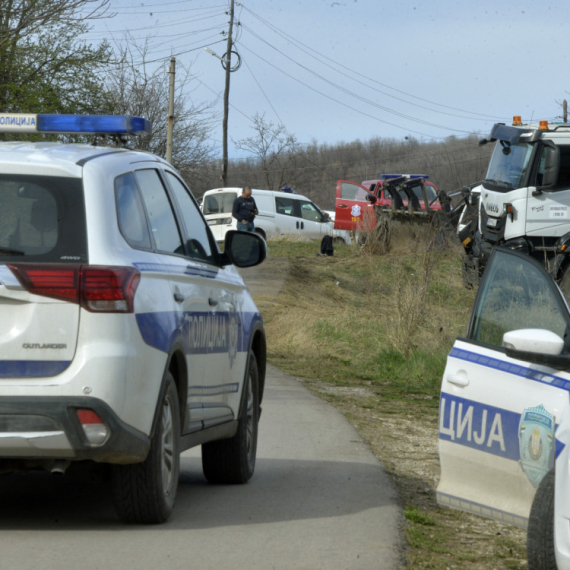
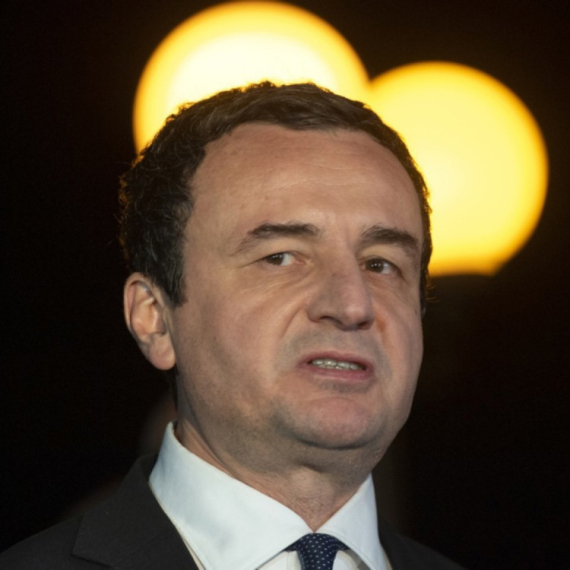



















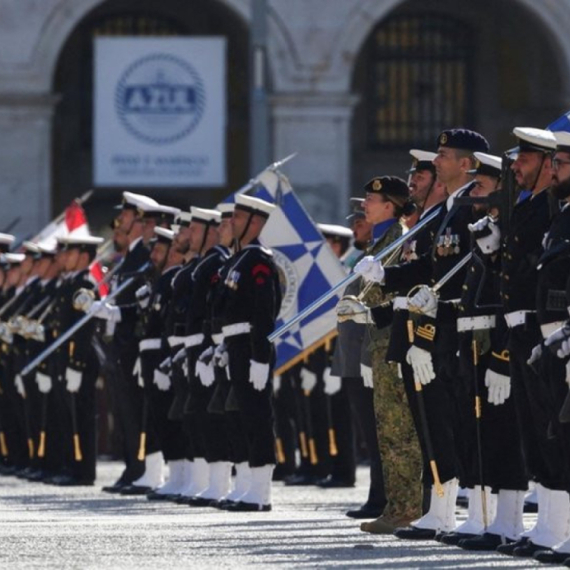

Komentari 9
Pogledaj komentare